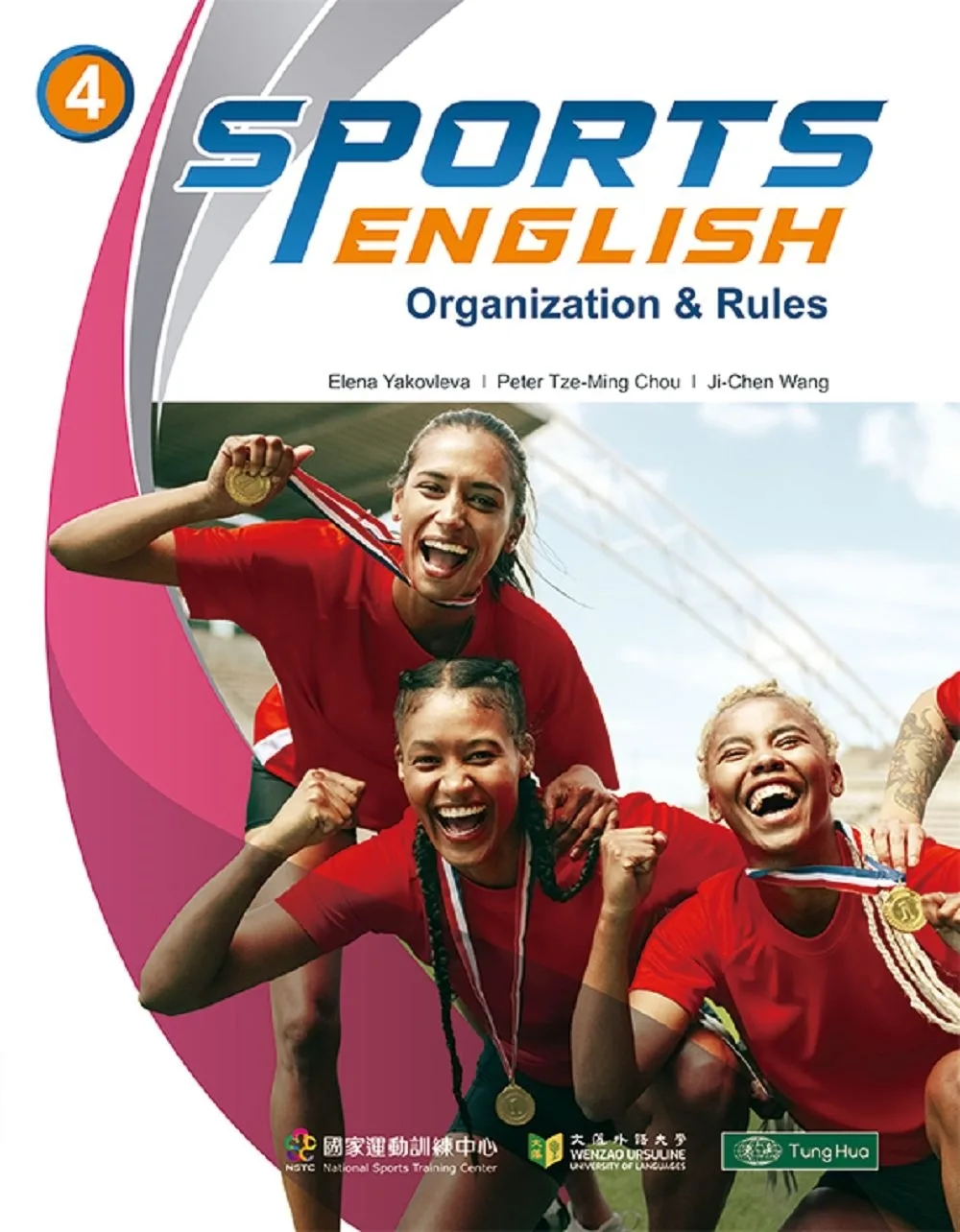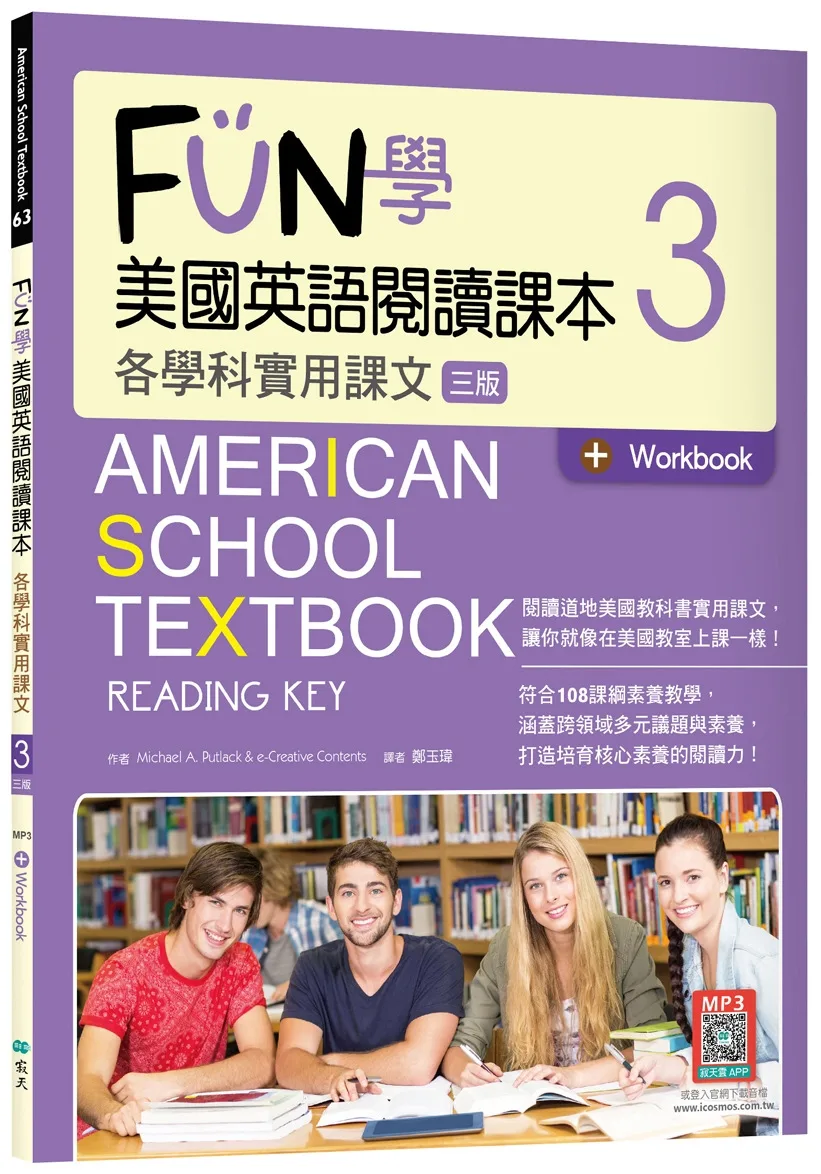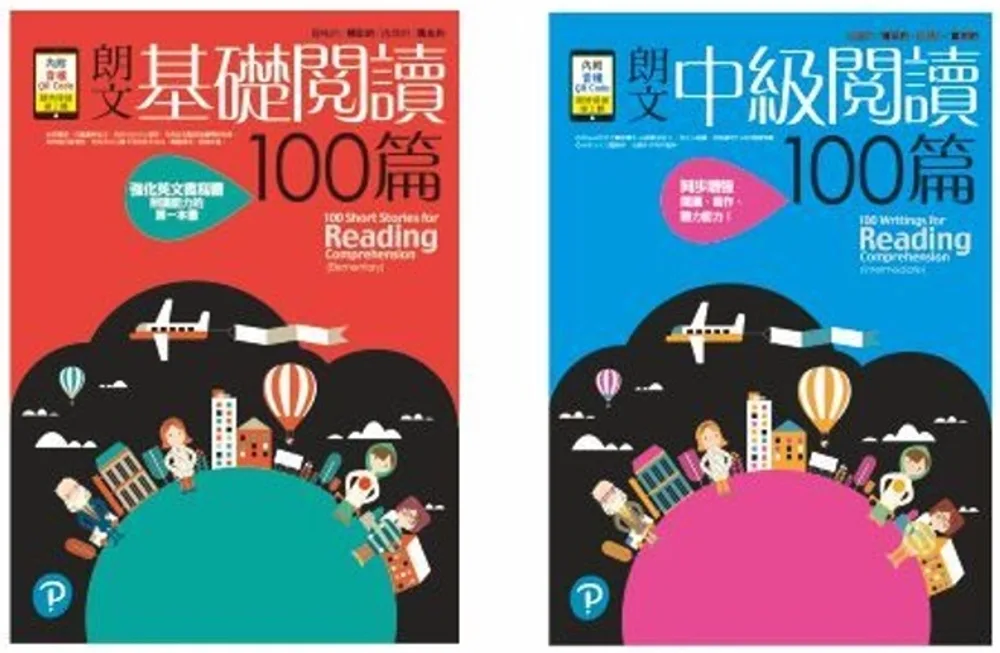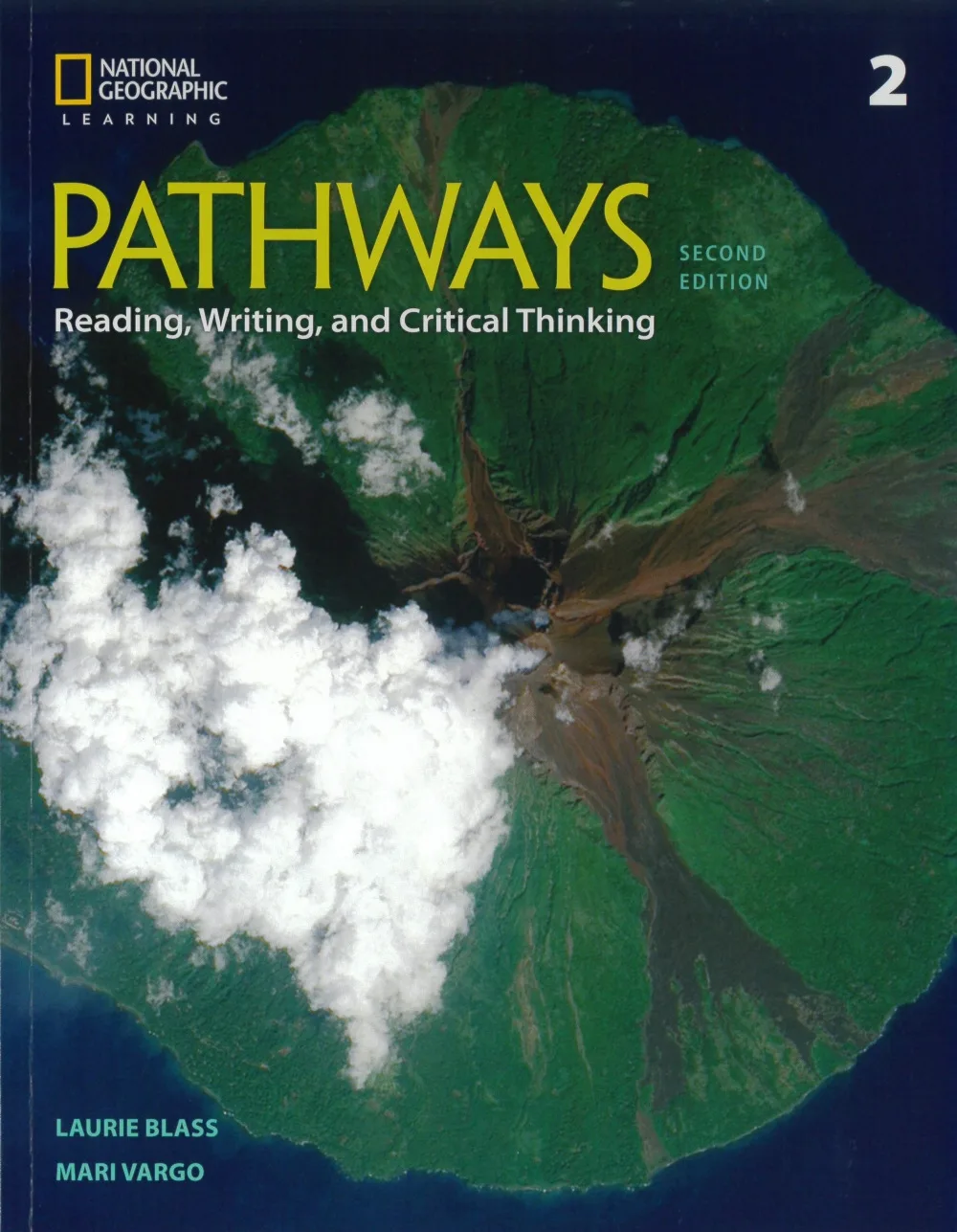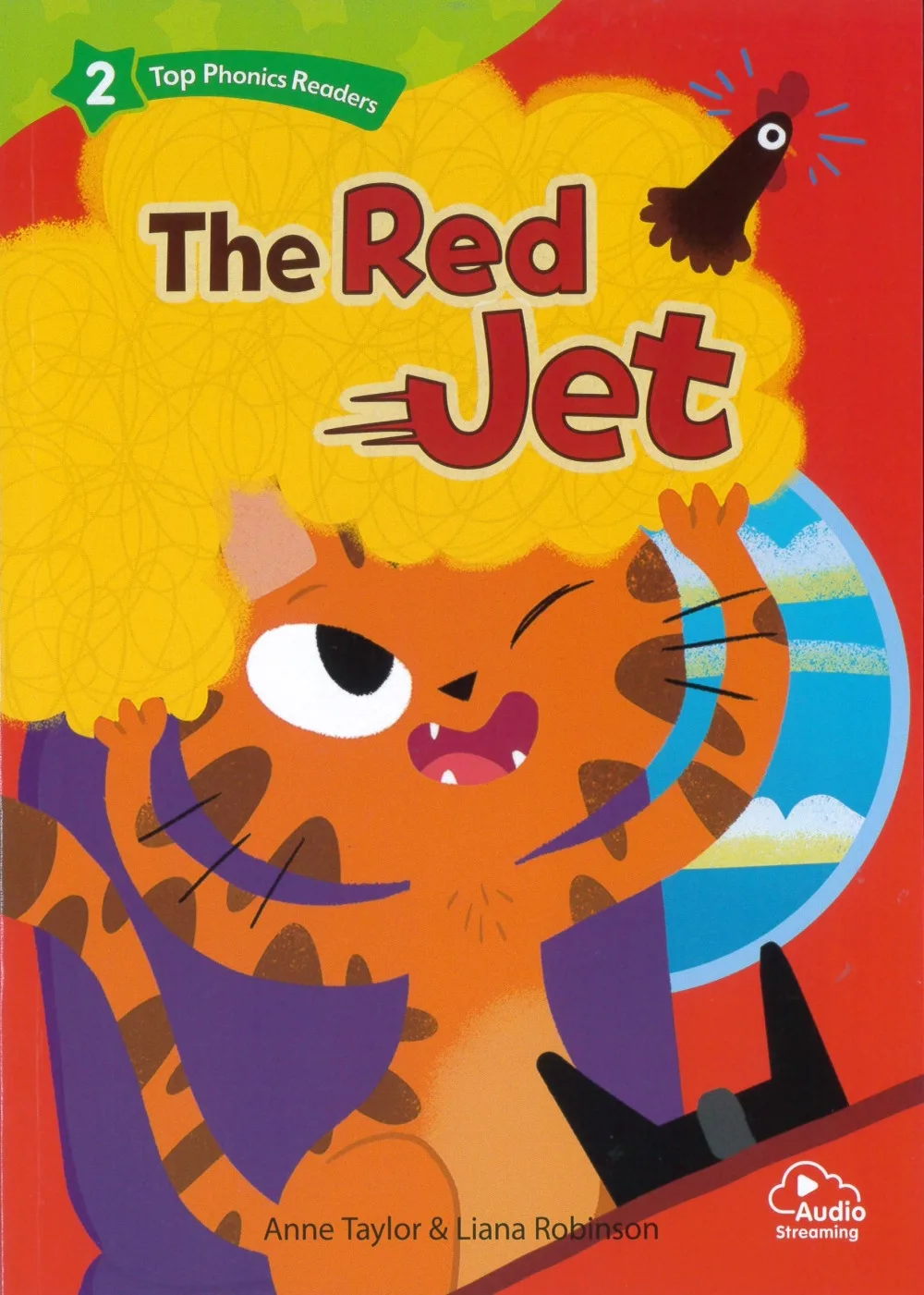Description
English is considered a common language to communicate with one another in international sporting competitions. Being able to speak English fluently and confidently allows coaches and athletes to better integrate into the world and even improve their overall performances in sporting competitions. This is the reason why Sports English is published.
?
The series not only covers a variety of useful topics such as cardiorespiratory, nutrition and supplements, physiotherapy, media and commercialization in sports, athletic career development, etc., but also features interactive activities and a wide range of sports-related exercises.
?
The content of the series focuses on Problem-Based Learning (PBL) and Task-Based Learning (TBL) teaching/learning strategies and provides coaches and athletes with English communication training through the simulation of realistic sports events within the context of the Olympics and the Asian Games. The innovative Sports English series is important teaching materials that would serve as the primary resource for the national coaches and athletes’ English classes at the National Sports Training Center to improve their English competence. In addition, the books could also become course materials and be a new option for students who have explicit needs to learn ESP, such as sports college students or other college students who show interest in athletics.
?
Key Features
• Clear and practical unit objectives let students see what they will be studying.
?
• Realistic and informative reading and listening texts cover a variety of sports-related topics, and are accompanied by a wide range of exercises to test students’ comprehension skills.
?
• Guided speaking and writing activities help students produce the language efficiently and fluently.
?
• Sports Focus in every unit features specific sports such as golf, taekwondo, gymnastics, weightlifting, track and field, ball games, etc., which are popular sports in both the Asian and Olympic Games.
?
• Videos in the More Practice sections help students see more of the world and make connections with the unit theme.
?
• Can-do checklists at the end of each unit provide opportunities for students’ self-assessment.













